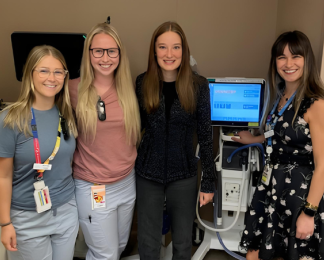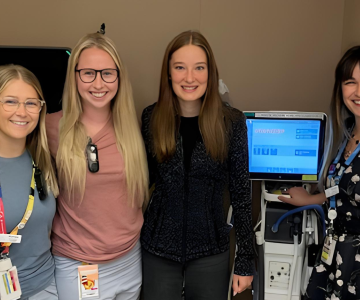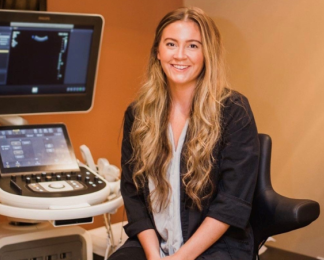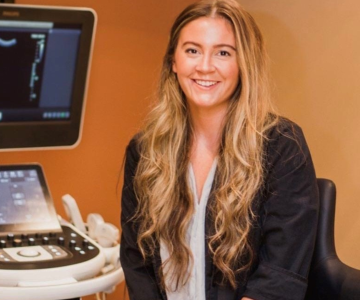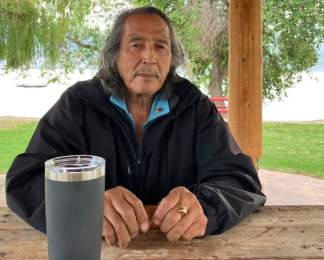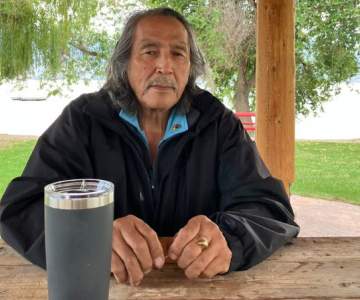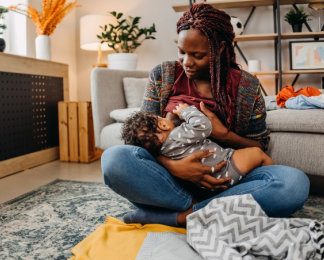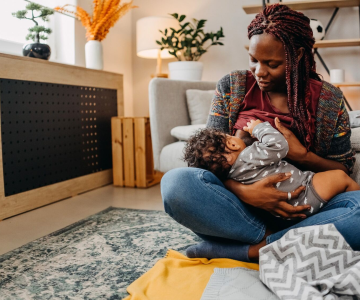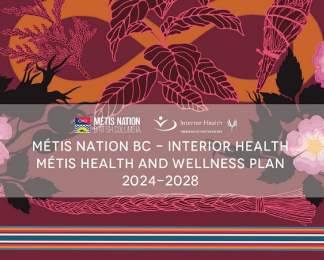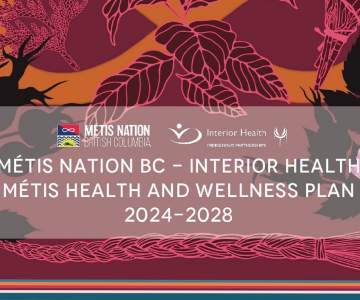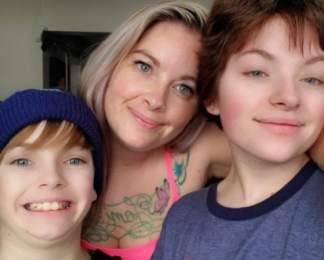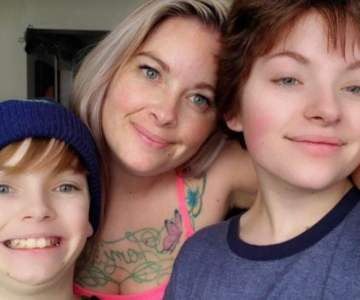Submitted by: Danielle Cameron, executive director, clinical operations community for Central Okanagan, Interior Health & Dr. Silvina Mema, medical health officer, Interior Health
Low-barrier services within reach of vulnerable people have never been more important than in the current toxic drug crisis.
Interior Health’s Outreach Urban Health (OUH) clinic serves some of the most vulnerable members of our community. These include individuals experiencing homelessness, people with mental health or substance use challenges, as well as people without access to traditional health-care services, such as new immigrants to Canada.
In March 2021, OUH relocated from across Leon Avenue to its new location at 1649 Pandosy St. In the new, larger space, the clinic brings together overdose prevention, mental health, substance use, and primary care under one roof, improving continuity of care and clients’ ability to navigate health services.
Being downtown and within walking distance to other agencies allows clients easy access to health services. Since opening, OUH has provided medical and preventive services that meet the specific needs of the downtown population and the BC Quality Council has recognized OUH for its work to strengthen health and wellness among the population it serves.
The COVID-19 pandemic and toxic drug emergency have disproportionately impacted marginalized and racialized populations resulting in unintended socio economic and health impacts. In the past few years, the number of individuals experiencing homelessness in B.C. increased, with 11.5 per cent more people reporting homelessness in 2021 compared to 2018.
As one of the fastest-growing metropolitan areas in Canada in 2021, Kelowna has seen a rapid increase in its population and escalating demand of health, shelter and social services. Regrettably, the number of individuals experiencing homelessness has increased as well, exacerbating negative perceptions, stigma, and discrimination towards people living with a mental illness or substance use disorder and experiences of poverty.
While the efforts of many groups to address current challenges have been tremendous, more work is needed to respond to the growing needs for adequate and safe space. Too many people have simply nowhere to go and as such congregate on the streets, including the area around OUH.
Interior Health shares the concerns about issues related to congregation of individuals on the sidewalks. Tackling homelessness requires work in partnership to address the social determinants of health where homelessness is rooted.
In the meantime, Interior Health is committed to being a good neighbour and will continue to work closely with the City of Kelowna, the RCMP, and other partners to mitigate impacts of congregation on the street.
